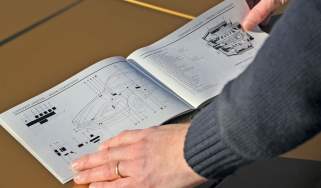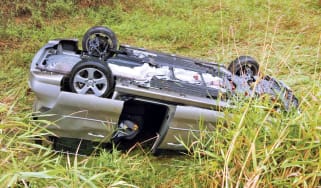Car scams and frauds: a safety guide for buyers and sellers
Buying or selling a car? Here’s everything you need to know about staying safe

It’s a sad but very true fact that there are a number of scams out there which are carefully crafted to trick you into parting with your precious pounds. If you’re buying or selling a car, there are plenty of specific car scams and frauds that you need to be aware of. No need to worry, though, as we’re here to explain everything you need to know about car buying and selling scams, and the steps you can take to avoid becoming a victim.
Data from the Lloyds Banking Group shows that almost four-in-five (79 per cent) of car and van scams they see are advertised on social media. Liz Ziegler, the bank’s Fraud Prevention Director, told Auto Express: “The vast majority of these scams start on Facebook, where it’s far too easy for criminals to set up fake profiles and advertise items that simply don’t exist.”
“It’s time social media companies were held accountable for their lax approach to protecting consumers, given that the vast majority of fraud starts on their platforms,” Ziegler said.
Before we get started, there’s a simple yet highly effective golden rule to follow whenever you’re buying or selling a car: if something seems too good to be true, it probably is. Be sure to keep this in mind no matter which side of a potential deal you find yourself on.
Never be afraid to walk away from a transaction if something doesn’t feel right, either. Waiting a bit longer for the right car or buyer will always be much less painful than having your money, personal details or even the car itself stolen.
The scams which apply to car buyers and car sellers can differ, so we’ve included two separate in-depth guides; one for each side of the transaction.
- Car buying scams to watch out for when buying a car
- Car selling scams to watch out for when selling your car
Frequently Asked Questions
Scammers can be frustratingly clever at times, and their trickery can sometimes be difficult to spot. However, reading our in-depth guide to car buying and selling scams will help you to recognise some of the better-known cons that are known to take place. If someone is viewing your car, make sure they are arriving in person and meet them at a safe and known location. If you make the sale, ensure that any payment is made via a secure method, such as a bank transfer, and transfer the ownership right there and then.
Did you know you can sell your car with Auto Express? Get the highest bid from our network of over 5,500 dealers and we'll do the rest. Click here to try Auto Express Sell My Car now...








